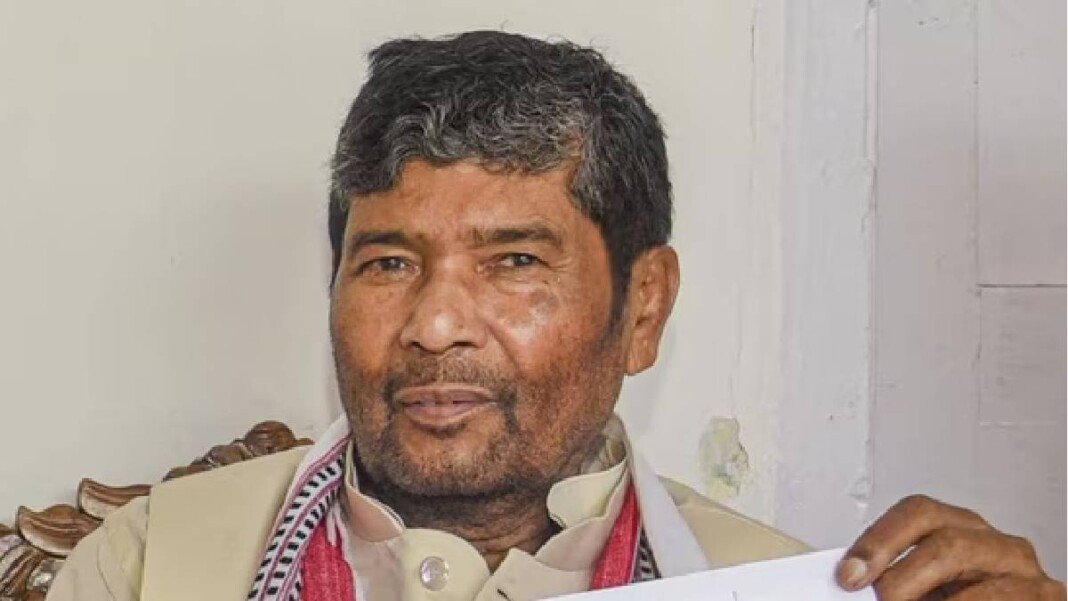DELHI, March 19: In a significant development, Union Minister Pashupati Paras tendered his resignation from the Modi cabinet on Tuesday, citing dissatisfaction with the seat-sharing pact finalized by the Bharatiya Janata Party (BJP) in Bihar for the upcoming Lok Sabha elections.
This move comes just a day after the BJP announced its seat-sharing formula, which included an agreement with Paras’s estranged nephew, Chirag Paswan, chief of the Lok Janshakti Party (LJP).
Expressing his reasons for resigning, Pashupati Paras stated, “I have tendered my resignation as Union Minister. Our party faced injustice in seat-sharing.”
The dispute arose following the BJP’s decision to allocate 17 seats to itself, 16 to the Janata Dal (United) [JD(U)], and five to Chirag Paswan’s LJP (Ram Vilas), leaving no provision for Paras’s LJP faction.
The seat-sharing formula also included one seat each for other NDA allies, Hindustani Awam Morcha (HAM) and the Upendra Kushwaha-led Rashtriya Lok Morcha.
Notably, Pashupati Paras’s faction within the LJP was not mentioned in the agreement, leading to his decision to resign from the Union Ministry.
Although Bihar BJP chief Samrat Choudhary indicated ongoing discussions with Pashupati Paras, it is evident that the dissatisfaction over the allocation of seats persisted within the LJP leadership.
Paras had previously hinted at the possibility of leaving the ruling National Democratic Alliance (NDA) if the seat allocation did not meet his party’s expectations.
Reports suggest that the BJP’s decision to overlook the claims of the Rashtriya Lok Janshakti Party chief over several key Lok Sabha seats in Bihar, including Hajipur, has led to heightened tensions within the alliance.
The resignation of Pashupati Paras from the Modi cabinet underscores the complexities and challenges involved in coalition politics, particularly in the lead-up to crucial electoral contests.












